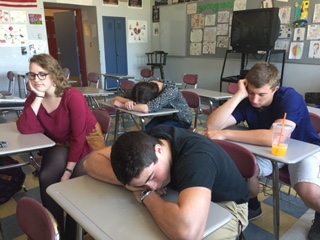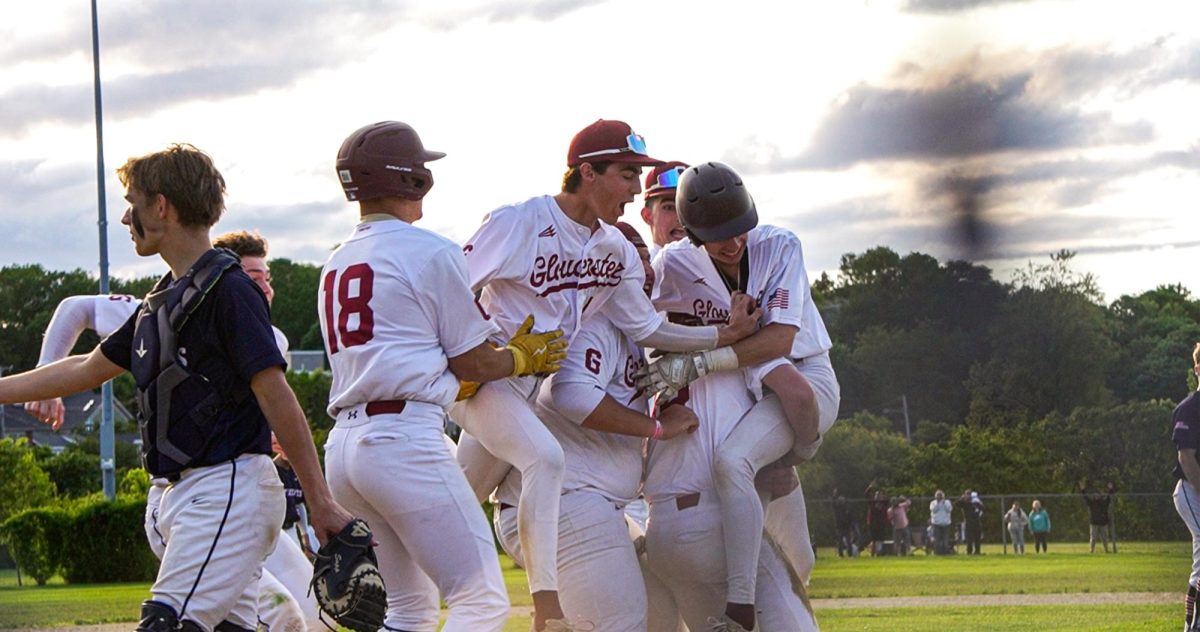Opinion: “Senioritis” infects class of ’15

I could have written a caption for this photo, but I have senioritis
May 14, 2015
It’s that time of year again: The time for seniors to completely give up on school. With graduation fast approaching, an outbreak of the phenomenon commonly referred to as “Senioritis” has arrived like an atomic bomb, and it is beginning to cause major upheaval among both teachers and students.
For those who may not know, “Senioritis” usually hits high school seniors around late march. With the anticipation of having an entire life ahead of them, they exhibit such symptoms as mood swings of extreme happiness and grumpiness, enhanced procrastination, and general lack of enthusiasm for any school-related activities.
The problem with this affliction is that it is literally unavoidable. Everyone is different, and onset has been reported as early as late junior year.
So why does this occur? The common working theory is that four years of high school simply encourages laziness, but I think it is more a problem of context.
Senior year is when everyone stops talking about the present, and begins talking exclusively about the future. The small-ness of our last year of high school, is totally overshadowed by the vastness of four upcoming years of college.
Searching for college, and then trying to pay for them, takes up a lot of time. Often, when choosing between securing a stable future in college, and passing in math homework on time, the future takes precedence.
Therefore, while Senioritis can be annoying to deal with for non-seniors, it is really just a side-effect of the differences between senior year and the rest of high school. It must be worked around rather than prevented altogether, because trying to prevent it will only make it worse, as many seniors know from experience.
Teachers need to recognize that it is not entirely our fault. Just bear with us.































Erik Anderson • May 22, 2015 at 9:43 pm
….done.
Erik Anderson • May 22, 2015 at 9:43 pm
Very insightful! I most definitely had it thirty years ago, but I hadn’t thought of it in the context presented by Spencer. Well sone.
Alternate Route • May 19, 2015 at 10:31 pm
I’ve seen this behavior in students in every grade. While “senioritis” may affect some students that are normally diligent, I think the majority of people are just lazy in general.